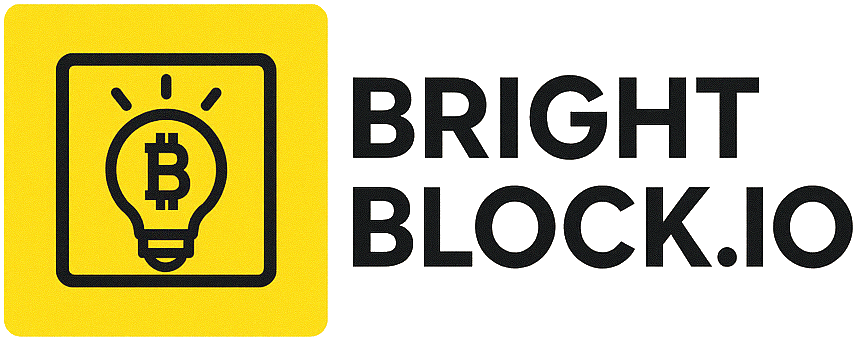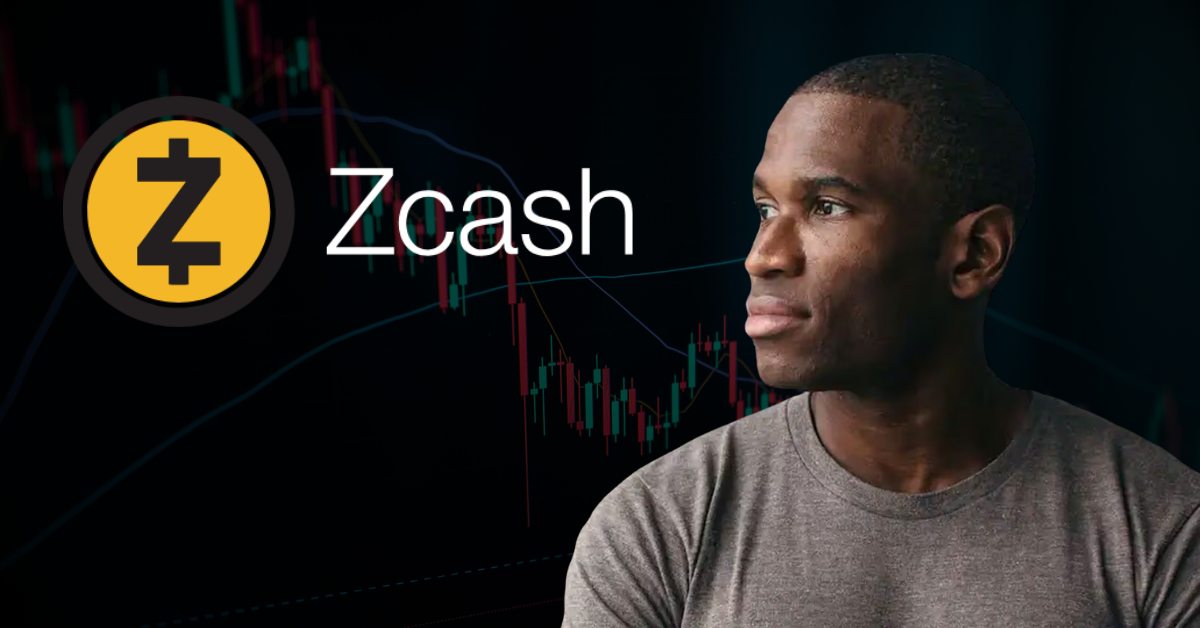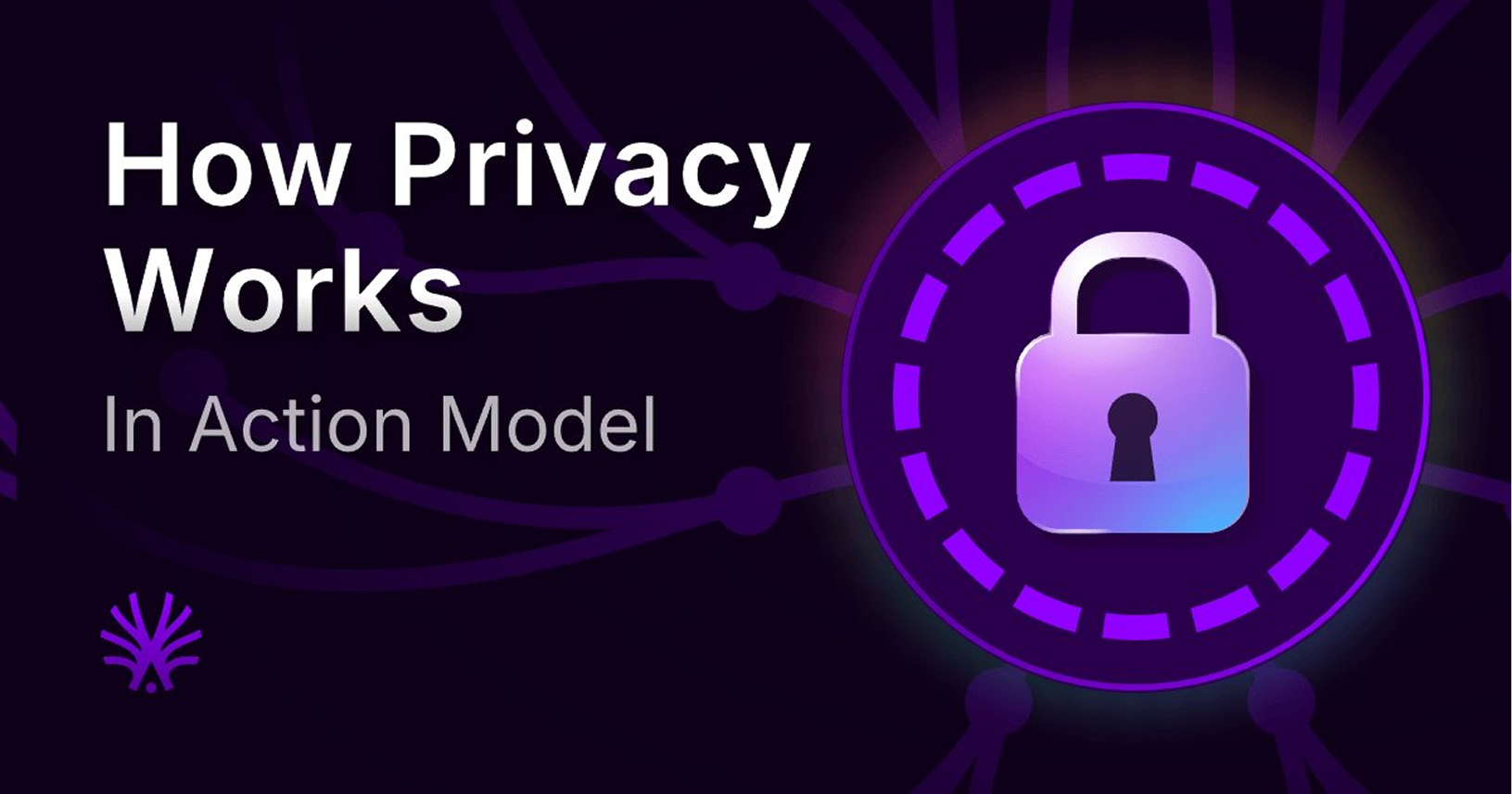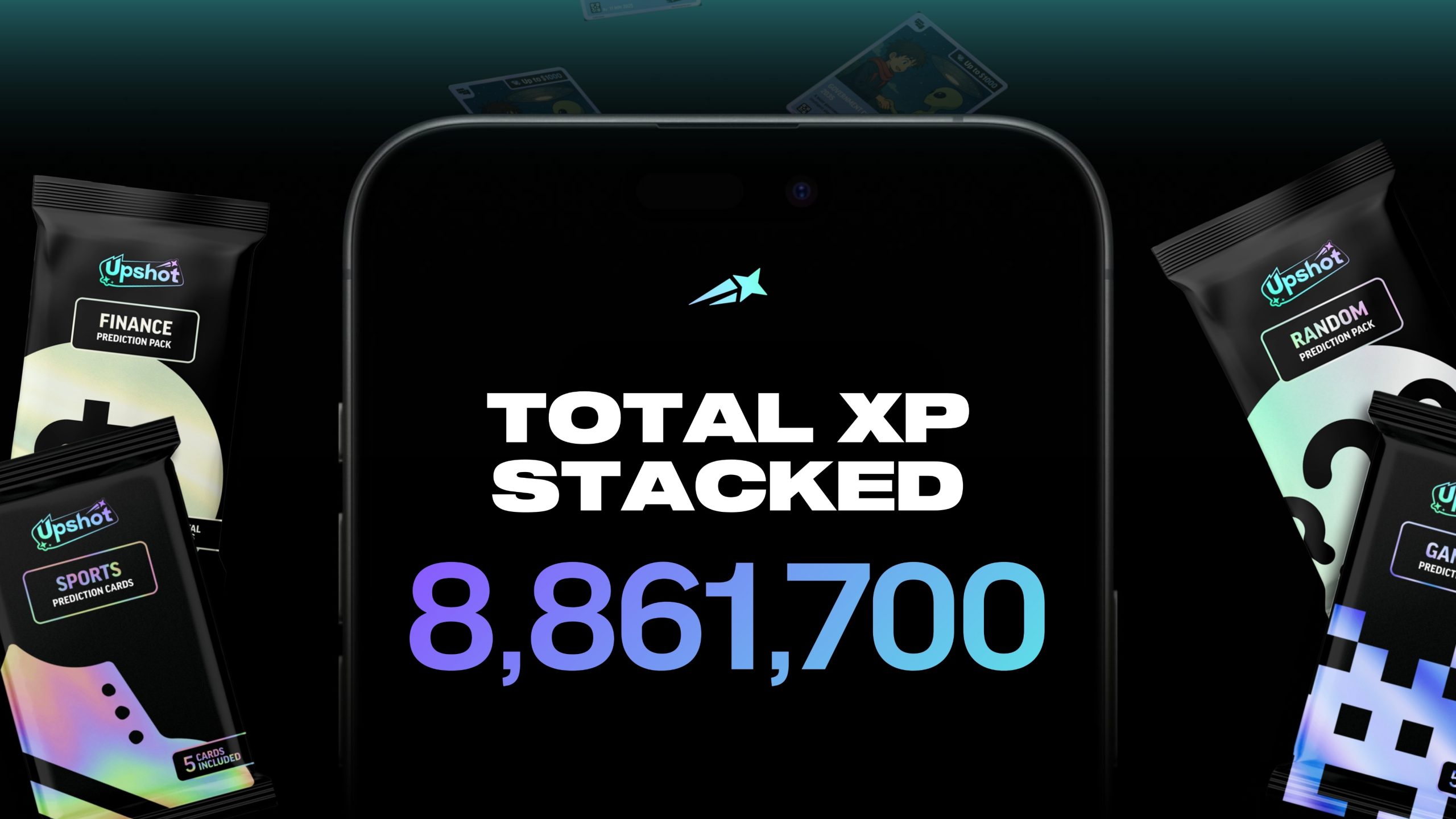Key Takeaways
- BitMEX co-founder Arthur Hayes publicly urged Zcash (ZEC) holders to withdraw their assets from Centralized Exchanges (CEXs) and utilize the network’s “shield” feature.
- Shielding involves transferring ZEC to a private z-address using zk-SNARKs (zero-knowledge proofs), which obscures the transaction details and is typically unsupported by CEXs.
- Hayes’s call highlights the critical trade-off between the convenience of CEX custody and the sovereignty and anonymity that Zcash’s core technology is designed to provide.
Hayes’s Call to Action: Shield Your Zcash
The privacy coin world is red hot again, and Zcash (ZEC) is right at the center of the action with massive price swings. Against this chaotic backdrop, BitMEX co-founder Arthur Hayes dropped a bomb on X, sending a direct message to Zcash holders: “If you hold $ZEC on a CEX, withdraw it to a self-custodial wallet and shield it.” This isn’t just a trading tip; it’s a huge philosophical nod to the idea that you should control your own finances and privacy.
Hayes’s tweet came just as Zcash hit peak drama, surging hard to $723 on Saturday before crashing back down to around $450 at the time of writing, a painful 37% drop from its high.
Analysts had already warned the token was deep in the “overbought” danger zone (according to the RSI), so a correction was expected. Even after the wipeout, Zcash is still a heavyweight, holding a $7.4 billion valuation, showing it’s still neck-and-neck with its rival Monero (XMR), which sits at $7 billion.
The Technical Imperative of Shielding
Hayes’s advice comes straight from Zcash’s white paper. The network has two kinds of addresses: t-addresses (transparent), which are fully public and trackable just like Bitcoin, and z-addresses (shielded). These shielded addresses use zk-SNARKs, advanced zero-knowledge tech, to cryptographically hide who sent the money, where it went, and how much it was. That’s the true privacy.
The problem? Centralized exchanges (CEXs) only deal with the transparent version. If you keep your ZEC on a CEX, it’s 100% traceable, and the whole point of using Zcash vanishes.
To actually use the privacy feature, you have to move your ZEC to a private wallet that supports the tech and perform a “shielded transfer.” Hayes is echoing what privacy advocates have screamed for years: if you trust a CEX with your Zcash, you’re fundamentally giving up its anonymity.
Sovereignty vs. Convenience
Arthur Hayes is right: we have to choose between being lazy and being sovereign. Leaving your tokens on a centralized exchange (CEX) means you’re accepting massive risks, your money can be frozen, your identity is mandatory via KYC, and your coins (like Monero before) can be delisted when regulations change. Self-custody is a pain (you have to manage your own keys!), but it’s the only real defense against CEX collapse and government interference. In this crazy market, the pivot back to Zcash and its powerful shielded transactions proves the community is finally serious about financial control.
Final Thoughts
Arthur Hayes’s public advice to withdraw and “shield” Zcash is a powerful, high-profile reminder that on-chain anonymity is a function of self-custody. While Zcash faces market volatility, its utility as a privacy tool remains a significant counterpoint to the traceability and risks associated with holding assets on Centralized Exchanges, reinforcing the importance of ZK-proof technology for financial sovereignty.
Frequently Asked Questions
What does Arthur Hayes mean by “shielding” Zcash?
It means transferring ZEC from a public t-address to a private z-address using zk-SNARKs to obscure transaction details.
Why do CEXs undermine Zcash’s privacy?
CEXs generally only support ZEC’s transparent addresses (t-addresses), making all associated transactions fully traceable on-chain.
What risks are associated with holding ZEC on a CEX?
Risks include exposure to KYC policies, potential withdrawal freezes, and regulatory-driven delisting of the privacy coin.






